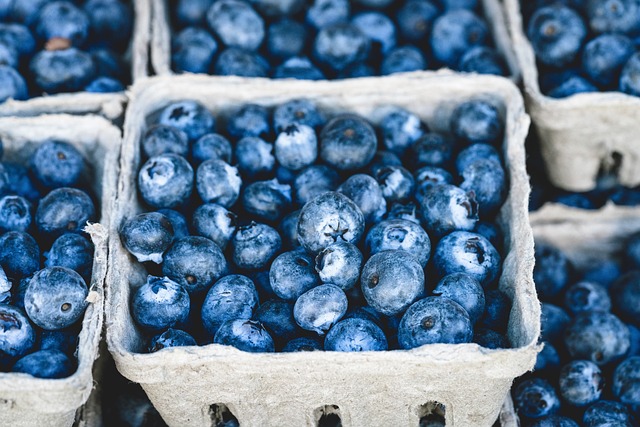Beyond Yogurt: Exploring Lesser-Known Sources of Probiotics for Improved Health
Probiotics have gained significant attention in recent years due to their numerous health benefits. These live bacteria and yeasts are known for improving gut health, boosting the immune system, and promoting overall well-being. While yogurt is widely recognized as a traditional source of probiotics, there are several lesser-known sources that offer a variety of strains and additional health benefits.
Kefir

Kefir is a fermented milk drink originating from Eastern Europe. It is made by introducing kefir grains, which are a combination of yeasts and lactic acid bacteria, into cow’s milk or alternative milks like coconut or almond milk. The grains ferment the milk over a period of 24-48 hours, resulting in a tangy and slightly effervescent drink.
Kefir contains a wide range of beneficial bacteria and yeasts, making it a potent source of probiotics. The diverse strains found in kefir may help support digestion, strengthen the immune system, and improve lactose digestion for those with lactose intolerance.
Sauerkraut

Sauerkraut is a traditional fermented cabbage dish commonly associated with German cuisine. It is made by finely shredding cabbage and fermenting it with salt. During fermentation, lactic acid bacteria multiply and convert the sugars in the cabbage into lactic acid, giving sauerkraut its characteristic tangy flavor.
Similar to kefir, sauerkraut is rich in probiotics that support gut health. It is also a good source of dietary fiber, vitamins C and K, and antioxidants. Incorporating sauerkraut into your diet may help improve digestion, reduce inflammation, and enhance immune function.
Kombucha

Kombucha is a fermented tea beverage that originated in China over 2,000 years ago. It is made by fermenting sweetened black or green tea with a symbiotic culture of bacteria and yeast (SCOBY). The SCOBY consumes the sugar in the tea and produces a variety of beneficial compounds, including organic acids and enzymes.
Kombucha offers a unique combination of probiotics and other health-promoting substances. It is a natural source of antioxidants, B vitamins, and organic acids that contribute to improved digestion and immune function. However, it’s important to note that kombucha is a fermented beverage containing trace amounts of alcohol, so it should be consumed in moderation.
Miso

Miso is a traditional Japanese seasoning made by fermenting soybeans with salt and a fungus called koji. The fermentation process can take months or even years, resulting in a thick paste with a variety of flavors, ranging from sweet to savory. Miso is typically used to make soup, dressings, and marinades.
Miso is not only a good source of probiotics but also a nutrient-dense food. It contains essential amino acids, vitamins, minerals, and beneficial plant compounds. Incorporating miso into your diet may help improve digestion, support cardiovascular health, and provide potential anticancer effects.
Tips for Incorporating Probiotic-Rich Foods into Your Diet
Now that you have learned about these lesser-known sources of probiotics, here are some tips to help you incorporate them into your diet:
- Start small: Introduce these foods gradually to avoid digestive discomfort.
- Read







